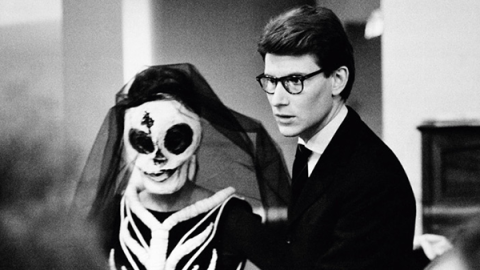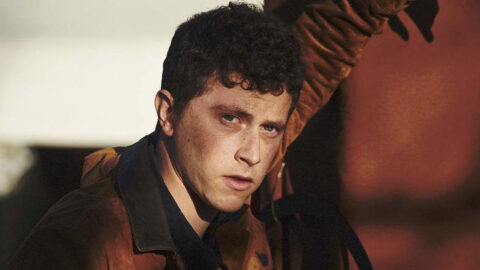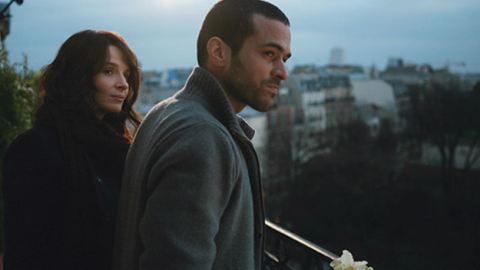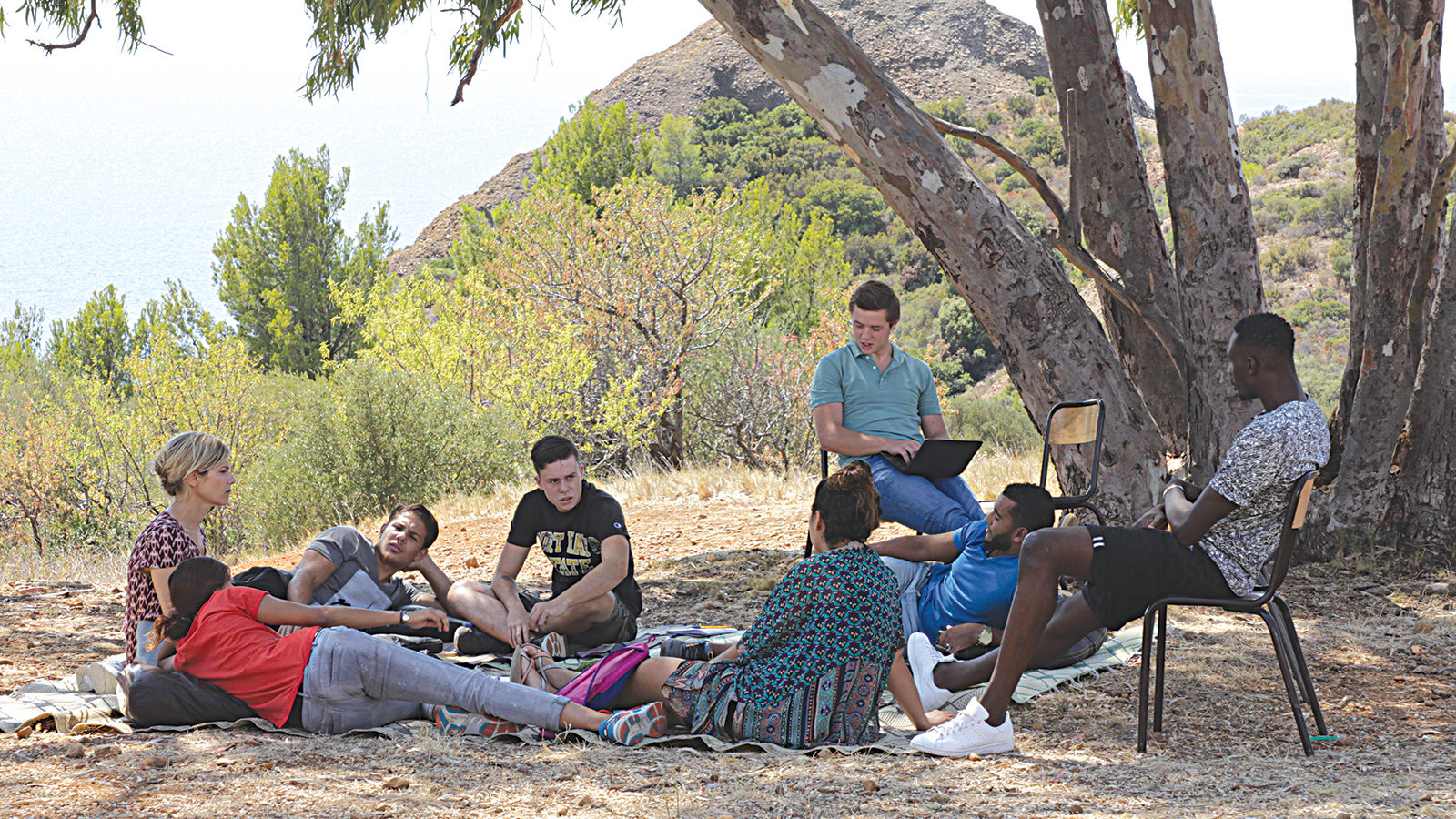
Review: The Workshop
The Bataclan. The name rings out 40 minutes into The Workshop, like a ghost shaking its chains, just two years after three gunmen murdered 90 people in that Parisian concert hall. That’s notably less time than it took Hollywood screenplays to address 9/11, Sandy Hook, or Charleston. The phrase alone announces a welcome refusal to hide behind abstractions, instantly raising the stakes of Laurent Cantet’s meditation on conflict and killing in a multi- racial society, and on the vaporous line between artistic conjecture and murderous imagination.
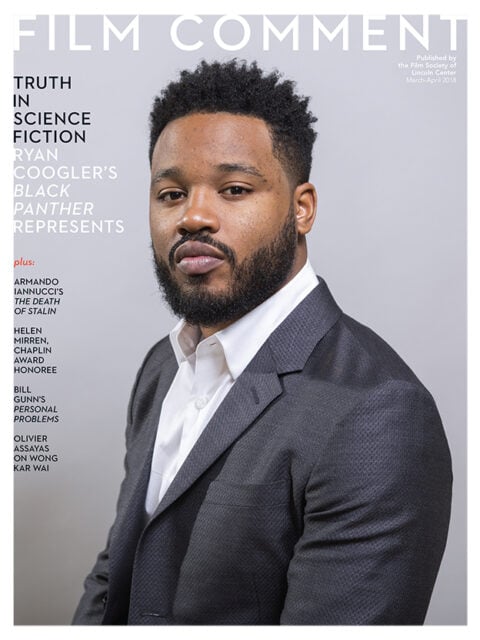
The subject of the Bataclan arises among seven brown, black, and white students invited (or possibly coerced) into a summertime writing seminar. This cohort is tasked to collectively author a novel in the spirit of what unseen bureaucrats have dubbed “social integration.” Consensus forms instantaneously to craft a murder mystery, perhaps because the white, middle-aged facilitator has made her name in that genre. Debates over details get derailed, however, when one participant shares his first pages, evoking the murderer’s perspective, relishing bloodshed, and lingering on victims’ futile pleas. Arguments explode over the ethics of conjuring a killer’s psyche, especially as recent events enter the conversation, along with allegations of guilt by racial association.
Cool by temperament, unfussy with craft, The Workshop advances stealthily toward this heated summit, which proves to be the key fulcrum in its plot. The first act sketches eight central characters just clearly enough to plant seeds of tension and distrust, without prescribing exactly when or how they’ll flourish. Across several collaborations, peaking with the 2008 Cannes champion The Class, director Cantet and co-writer Robin Campillo have honed their knack for sharply edited ensemble exchanges, performed with deft naturalism by unfamiliar casts. Campillo exercised those skills again in last year’s ACT UP Paris drama BPM (Beats Per Minute), which sustains two further threads linking all three films: the volatile politics of pedagogy and the harsh tests that ethical principle and social emergency pose to each other.

The opening movements of The Workshop, as slow as a seaside summer and as halting as intimate endeavors among strangers can be, reveal a covert strategy of luring characters and viewers alike into topics that preclude good manners. What transpires after the group’s rapport has been shattered, however, is more puzzling, and variously interpretable as a deceptively brave experiment or a dispiriting dodge. Though the joint enterprise of writing never recedes from view, the screenplay narrows centripetally around Antoine (Matthieu Lucci), the student who upends the group’s balance, and Olivia (Marina Foïs), the best-selling bourgeoise who leads the workshop. They circle each other, mutually attracted and repelled in moral, erotic, and imaginative registers.
The boldness of The Workshop inheres, paradoxically, in its reluctance to sensationalize at stylistic or narrative levels, at least up to a point. One can imagine what Catherine Breillat or Michael Haneke might extrapolate from this scenario, but Cantet’s sedate camera and dispassionate sensibility neither dictate viewers’ responses nor inflate ambiguity into a high-handed end in itself.
That said, the movie strands itself between its desire to provoke and its refusal of hyperbole, withholding coherent perspectives on the urgent subjects it broaches. A welcome demonstration of nerve becomes a failure of one, its psychosexual politics vaguer and smaller than its earlier, edgier scrum over civic values and intramural violence. Bristly character work from the young ensemble cedes ground to the sphinxlike performances of Lucci and Foïs as teenage instigator and rattled mentor. The naming of the Bataclan, emblematic of the movie’s initial willingness to Go There, becomes a metric by which its murky middle and pulpy climax, whatever their other virtues, fall palpably short of prior promises. Careful facilitating around sensitive topics is a baked-in concern of this script, but The Workshop comes too close to forfeiting on that very responsibility.
Nick Davis is a professor of film, literature, and gender studies at Northwestern University. He also writes film reviews at www.NicksFlickPicks.com.




